4 Simple Ways To Reduce Your Energy Bills
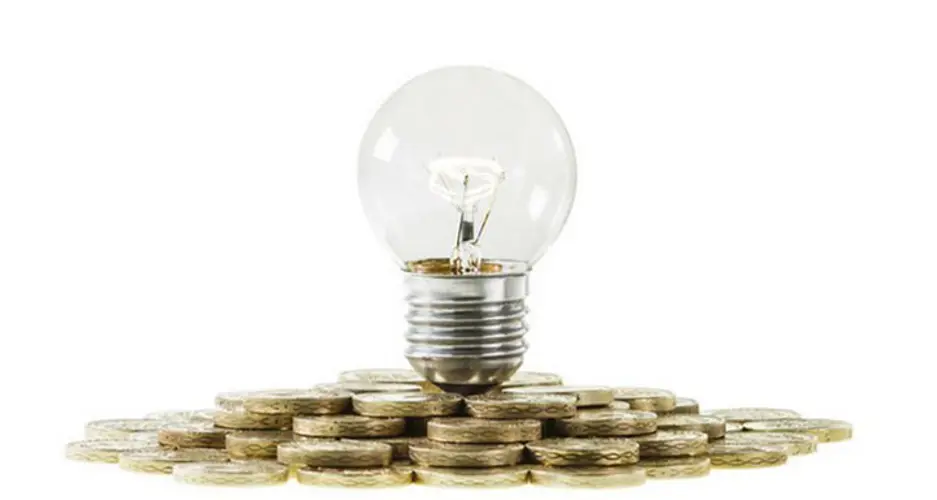
It seems that year after year energy prices in the UK only get higher. In fact, 2018 was one of the worst years ever, where there was an average of £75 per household. Now, Smart Home technology is not going to be able to do anything about energy costs, but you can definitely rely on this technology to overcome this problem.
Home Automation experience can help you reduce electricity bills in a very simple manner that way you can take care of your finances while protecting the planet, a win-win situation definitely.
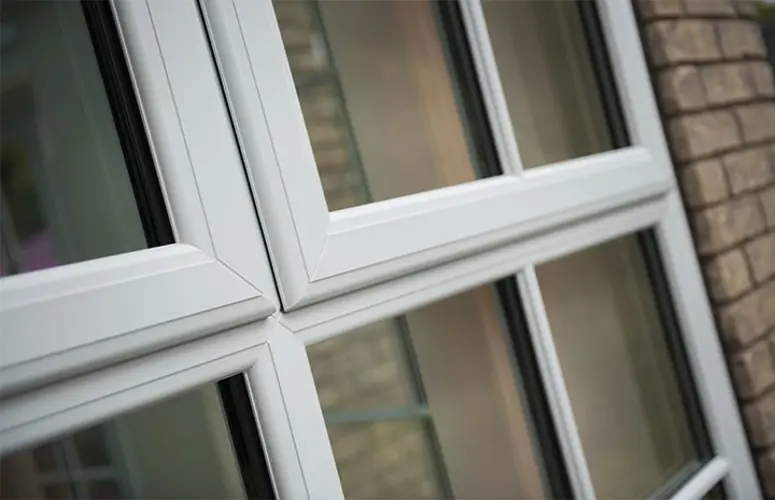
1- Make Sure To Close The Windows Adequately
We decided to put this aspect as number one because there’s a lot of people still unaware that almost 40% of what you pay in energy costs comes from energy loss. This means that you’re paying for energy that you’re not even enjoying.
This energy loss takes place when doors and windows are not closed properly or maybe the window was poorly insulated. The biggest percentage of energy loss comes from windows that are simply left open. This means that your heating system uses more power - because of the opened windows - which translates to higher energy costs.
For regular non-automated houses, this means running around the house making sure that all windows are fully closed and we’ve all been there. Now, if your household is already living the smart home experience, you can significantly reduce your utility bills.
The home automation experience offers solutions that can inform you if there’s a window or door left open. In addition to that, if the house detects that a window is open - even if it’s slightly open - then it will tell the heating system to reduce heat in that particular room. Once the window is closed, heating in that room goes back to normal. Pretty neat, right?
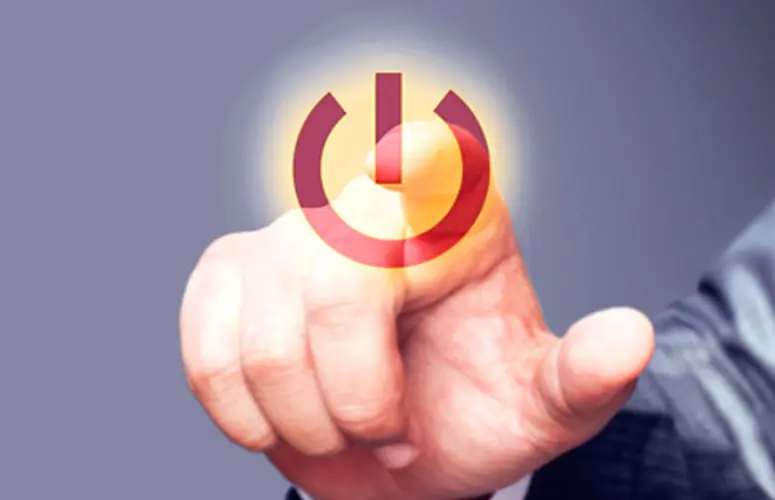
2- Make Sure You Switch Off Standby Devices
Stand-by devices are one of those things that we know are there, consuming energy unnecessarily and yet most of us don’t do anything about this, we just let them be. You can save almost £90 on utility bills, just by unplugging all devices every single day. Sounds exhausting right?
Well, home automation technology offers intelligent sockets that guarantee that all of your devices are in fact, completely disconnected from the power source. That being said, it’s important to know that you can also save energy while using your electronic devices. TVs, for example, can have their displays dimmed to save electricity while using the device and it also makes the device last longer.
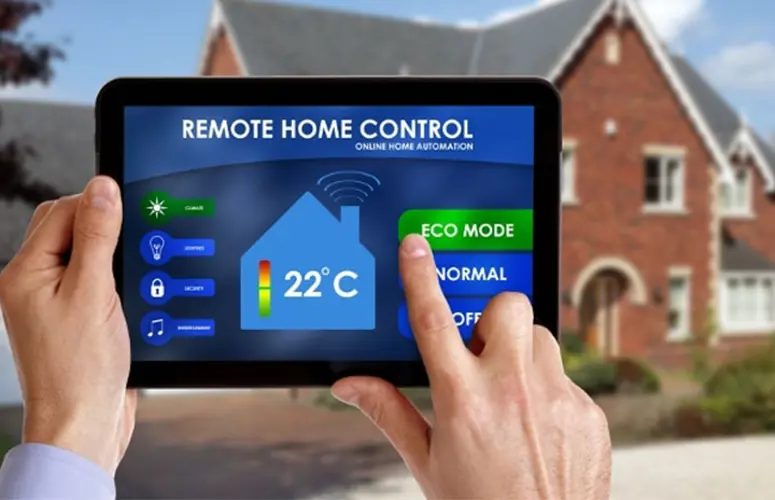
3- The Heating System
You may not know, but even the smallest change can make a difference on your utility monthly bills. Something as small as turning down your heating one degree can make a difference. That can save you up to £70.
A truly smart heating experience offers intelligent control over your heating. These devices actually learn how to optimise themselves while still keeping the desired temperature in each room. Smart home developers offer solutions that guarantee that if you’re not at home, your heating gets lowered automatically.
That way, when you get home, you’ll have the desired temperature waiting for you, with no worries of all the energy wasted while you were gone. All you have to do is set your regular schedule and let the unit learn from your pattern, no matter if after a while they change, the unit keeps learning and adapting.
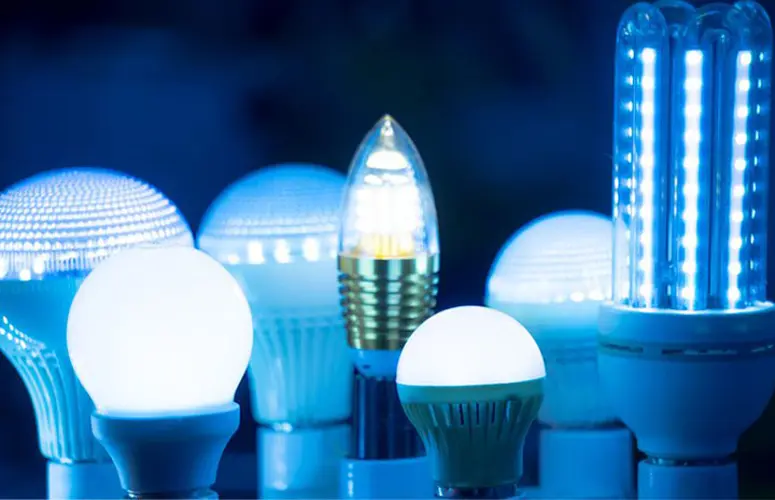
4- Always Use LED Lighting
Everybody knows that LED lights are more durable than regular light bulbs. They can actually use almost 70% less energy than its predecessors. Halogen bulbs can be very expensive and recent studies show that they can add up to more than £370 a year in energy costs. LED lighting can annually cost as low as £150.
Smart Home technology offers LED lighting specially designed for the house of the future. They come in the shape of cutting-edge modern spots to more classy, vintage style pendants, with a vast array of lighting products to make your life more comfortable and modern without overpaying.
Just compare bulb prices and you see the benefits from the start. Besides that, the lifespan of a LED bulb is about 20,000+ hours, whereas conventional light bulbs can only offer 1,000. You do the math and decide the type of lighting you want for your smart home and for your budget.
Click here for more info on Home Automate and how to start your home automation project right away.